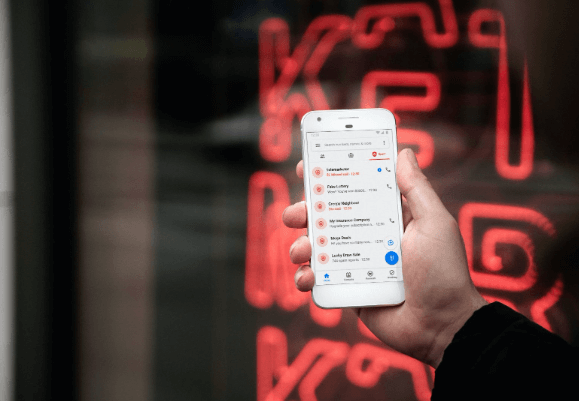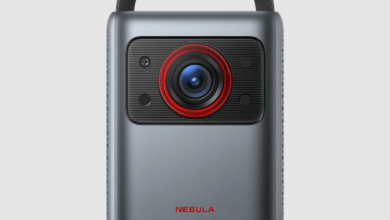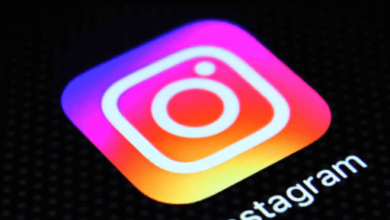How to Avoid Scams Involving Fake Checks

Although we are living in a world of mobile payment apps and contactless credit cards, old-fashioned paper checks still exist. Have you received a sudden check in the mail and thought, “Wow! I’ve got free money!” Not so fast.
If you decide to cash that unforeseen “windfall” it may lead to financial losses, disclose your private and sensitive data to scammers, or both. It creates an opportunity for scammers to try to steal your funds through fake check scams. Keep on reading to learn how to spot and avoid scams involving fake checks.
Types of Fake Check Scams
Fake checks are utilized in various types of scams. Here are some of the widespread examples:
- Mystery Shopping. It happens when scammers pretend to hire people as mystery shoppers. They tell applicants that their first assignment is to evaluate a retailer that sells gift cards, money transfer services, or money orders. MoneyGram or Western Union are the common types of money transfer services. The shopper receives a check with instructions to deposit it in a personal bank account and wire it to someone else. However, once the funds are wired, the person on the other end usually disappears.
- Car Wrap Decals. Individuals interested in car wrap advertising are asked to deposit checks and send funds to decal installers. In reality, these installers don’t exist.
- Overpayments. Consumers purchasing something from you on the web “accidentally” send a check for too much and request to refund the balance. If you take out cash loans wired in 1 hour from a certified lender, you may be confident that this debt product is safe and secure.
- Personal Assistants. People apply on the web and get hired as personal assistants. They obtain a check and are asked to utilize the funds to purchase gift cards or to purchase equipment or supplies for their new client. When scammers receive gift card PIN numbers, they utilize them instantly. As a result, the “personal assistant” is left without money once the bank finds out the check is bad.
- Claiming Prizes. The “winner” is given a check and asked to send funds to cover shipping, taxes, and handling charges as well as processing fees. Stay away from such scams as this isn’t the way legitimate sweepstakes work.
How to Protect Yourself from Fake Check Scams
The latest data from the Federal Trade Commission reveals that complaints about fake check scams remain in the “Top 10 Fraud Categories” and were on the rise during the first quarter of 2021. Such checks may arrive by special delivery and demand a recipient’s signature, but you shouldn’t be fooled. This is only used to make the check seem legitimate.
In order to prevent fake check scams, you should follow these tips.
- Don’t check the “unexpected” check. Reputable companies, such as FINRA, won’t send you checks without an explanation of the reasons why they were issued. Do not cash the unforeseen check unless you really expected it and know it’s meant for you.
- Check the sender’s methods of communication. Reputable companies rarely communicate only through messaging apps and social media. HRs and executives won’t utilize personal email accounts such as Hotmail or Gmail for business needs.
- Don’t keep changing. Stay away from companies and services that overpay you and then ask to wire them the difference back. No trustworthy company would do that. Think twice before you accept a money order or a check in a larger sum than you are owed.
- Call the company directly. You may also call your company to verify the check if you have some concerns. Some checks may even have a company’s actual account number with the right bank routing number. Only if you phone the company directly, you will be able to get the answer if this check is legitimate. Don’t telephone using the number on the check and never follow any instructions mentioned on it. Call (301) 590-6500 for FINRA checks.
- Pay attention to the hallmarks. You will notice these red flags that mark fake check scams:
- Mismatched names. Compare the name of the company of the person with the name on the check you obtain. If they don’t match, it’s a sign of fraud.
- Typos. If texts, online postings, or emails are riddled with poor grammar and typos, you should be aware of such checks.
- Pressure to act fast. It may take about 10 days for your local bank to define if a check is real or counterfeit. Do not transfer or wire the money until the bank has verified the check.
What You Should Do If You Sent Money to a Scammer
Keep in mind that if a person demands you to pay by gift card, he or she is most likely a scammer as gift cards are meant not for payments but gifts. What should you do if you have already sent money to a scammer? Contact the company that issued the gift card and tell them that you paid a scammer with it. If you act fast, the company might agree to offer a refund and you will be able to get your funds back.
In case you wired funds to a scammer, you should call the money transfer company straight away, file a complaint, and report the fraud. You can reach the complaint department of Western Union at 1-800-325-6000 or MoneyGram at 1-800-MONEYGRAM (1-800-666-3947). You should ask them to reverse the money transfer if this option is available.
If you paid a scammer with a money order, you need to contact the company that issued the money order without delay. Perhaps, they can stop this payment. Besides, you may try to stop the money delivery. Contact the U.S. Postal Inspection Service at 8770876-2455 if you sent a money order by U.S. mail. If not, contact the delivery service you have used straight away.
The Bottom Line
Local banks have to make deposited money available within days according to the law. It can take 10 days or even several weeks to uncover a fake check. By this time, the scammer will already have your money. Keep in mind that just because the check has “cleared” doesn’t mean it’s good.
Don’t take a check for more than your selling price and never send funds back to someone who sent you a check. Fake checks may come in various forms: they may look like money orders, personal or business checks, a check delivered electronically, or cashier’s checks. Use these tips and useful information to spot fake checks and avoid them.





